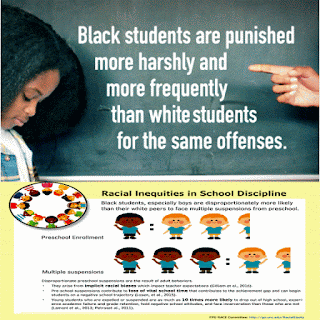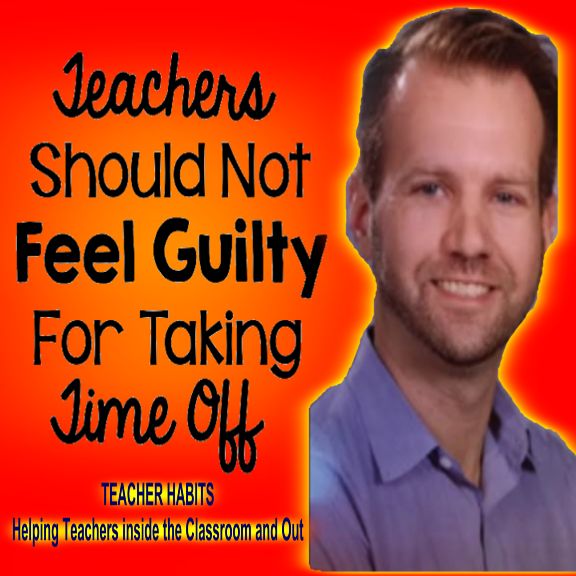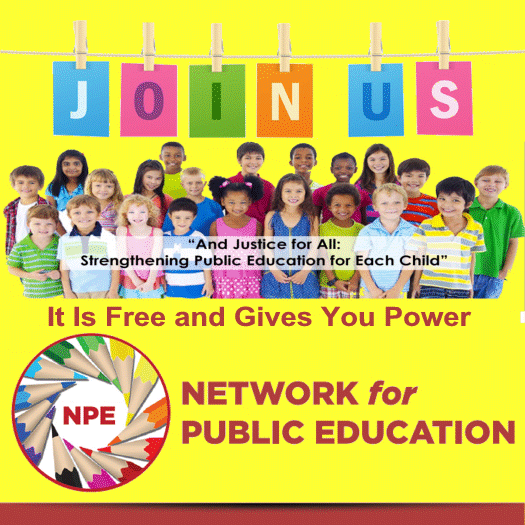Schools Matter: Now Black Total Compliance Means Hair, Too
Schools Matter: Now Black Total Compliance Means Hair, TooFrom New Age box fades to braids, a display on the wall of a suburban Atlanta elementary school tried to illustrate a variety of “inappropriate” haircuts and hairstyles. But there was one thing the children who were photographed had in common: They were all black.The display by the Narvie J. Harris Theme School in Decatur, Ga., was taken down on Thursday — the same day it had been put up — after being widely criticized as racially insensitive. The episode happened at a time when cities and states across the United States have adopted legislation making it illegal to discriminate on the basis of a person’s hairstyle.The faces of the children in the photographs were covered with Post-it notes. It was unclear if they were students at the school, which is 95 percent African-American, according to the state’s Governor’s Office of Student Achievement.The display went viral after Danay Wadlington, the owner of a beauty parlor in the nearby city of Duluth, posted a photograph of it on Facebook after her client, whose child goes to the school, gave it to her. That woman did not want to be identified.

Schools Matter: KIPP Model Unfair to Teachers and Students, Alike - http://www.schoolsmatter.info/2016/02/unfair-to-teachers-and-students-alike.html















